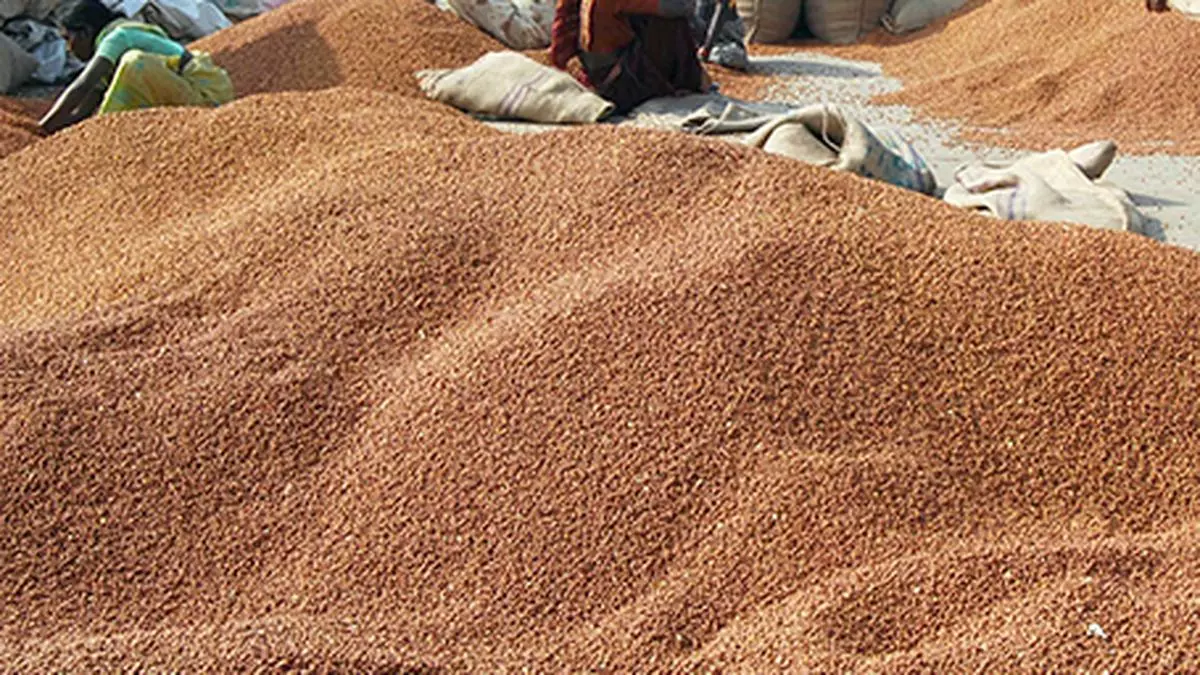Govt to release buffer tur stocks to keep prices under check
In an effort to keep prices under control, the government decided to release tur from the national buffer in a titrated manner until imported stocks hit the Indian market.
The Department of Consumer Affairs directed the National Federation of Agricultural Cooperative Marketing (NAFED) and the National Federation of Cooperative Consumers (NCCF) to dispose of tur dal through online auction to eligible millers to increase the availability of tur dal to consumers.
The Ministry of Consumer Affairs said in a statement that the quantities and frequency of auctions will be calibrated on the basis of how they affect the availability of the phase to consumers at affordable prices.
Tur prices have stabilized in recent months after local supply shortages and the delay of the monsoons. Twice as much rainfall hit two-thirds in about 62,000 hectares as of June 23 compared to 1.80 lakh hectares in the same period last year. the reduced Sowing is mainly done due to lack of rain in the major producing states of Karnataka and Maharashtra.
Over the past month, tur dal has seen an average price increase of more than 8 rupees per kilogram. According to the Ministry of Consumer Affairs portal, the average retail price of tur dal across the country was 129.4 rupees per kilogram on Monday, June 26, compared to 121.24 rupees on May 29. The highest retail price was reported on June 26 of Kollam at Rs 180 per kg compared to Rs 152 on May 29. The lowest retail price of Hnanthial in Mizoram was reported at Rs 80 per kg, as on May 29.
To boost supplies, the government has kept At-Tur and Al-Wrad imports open until March 2024. It should be noted that the government, on June 2, 2023, Inventory restrictions in tur and urad company By invoking the Essential Commodities Act of 1955, to prevent hoarding and unscrupulous speculation, as well as improve affordability for consumers. Pursuant to this order, inventory limits are set for Tor and Orad through October 31, 2023, for all states and union territories.
Stock limits applied to each of the pulses separately are 200 tons for wholesalers; 5 tons for retailers; 5 tons at retail outlets; 200 tons in warehouse for large retail chain stores; and the last three months of production or 25 percent of annual installed capacity, whichever is higher, for mills.
Stock limit order execution and stock disclosure status on the portal are constantly monitored by the Department of Consumer Affairs and State Governments. In this regard, data on inventories held by various entities in warehouses of Central Warehousing Corporation (CWC) and State Warehousing Enterprises (SWCs), stocks entrusted by market players with banks, etc. were examined against the quantities. On the stock disclosure portal, the statement said.
State governments constantly monitor prices in their regions and check the stock conditions of entities in order to take action against violators.
